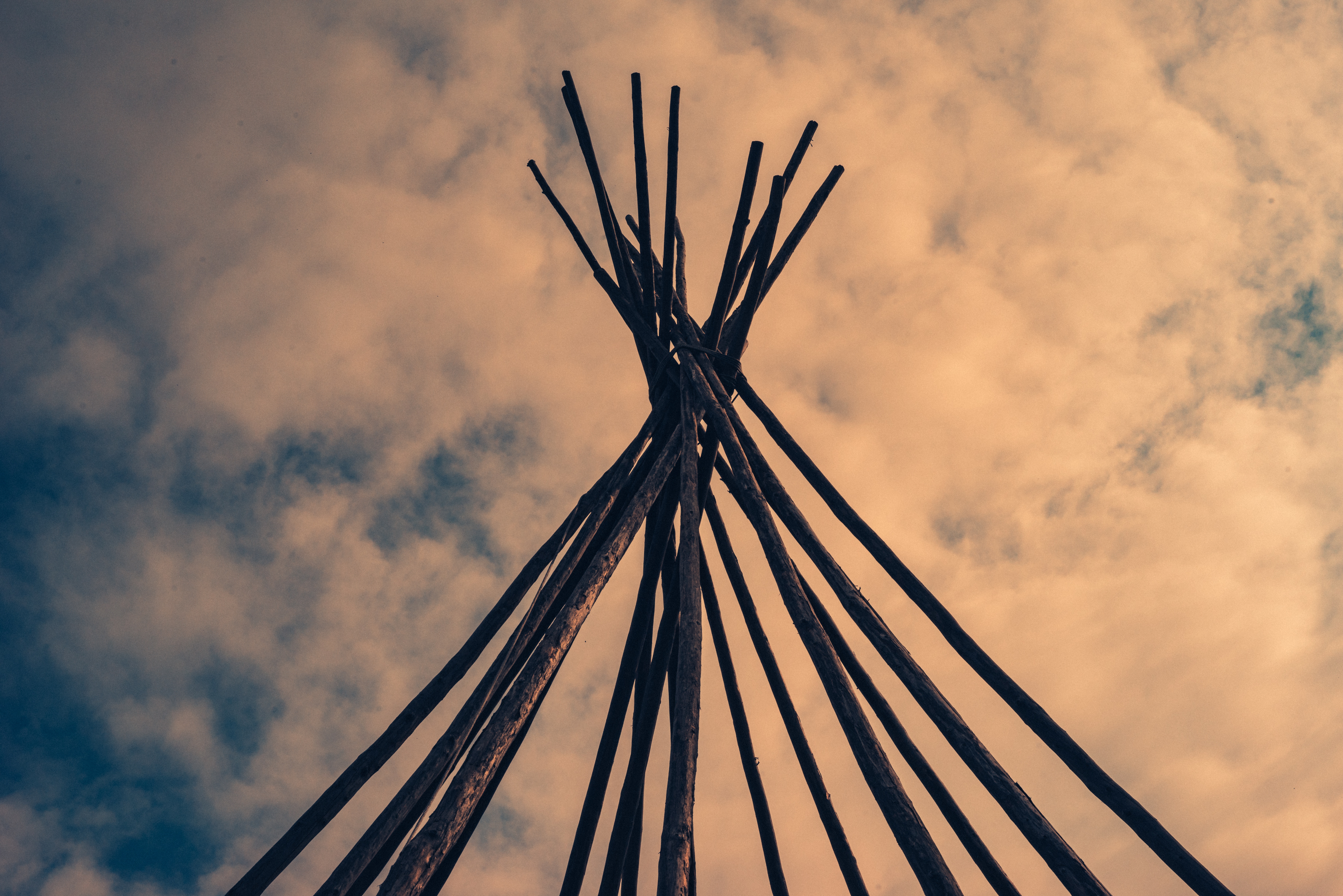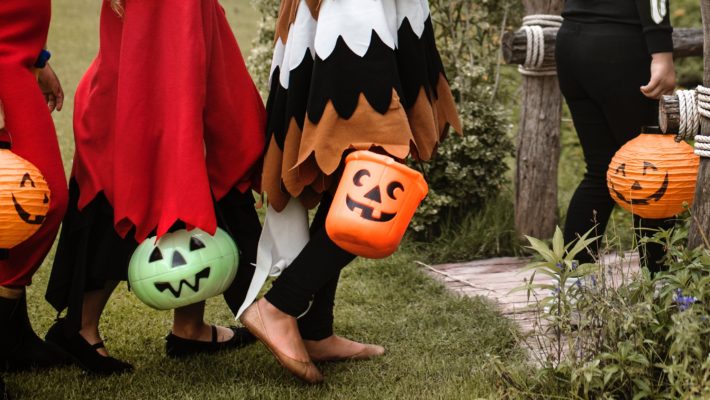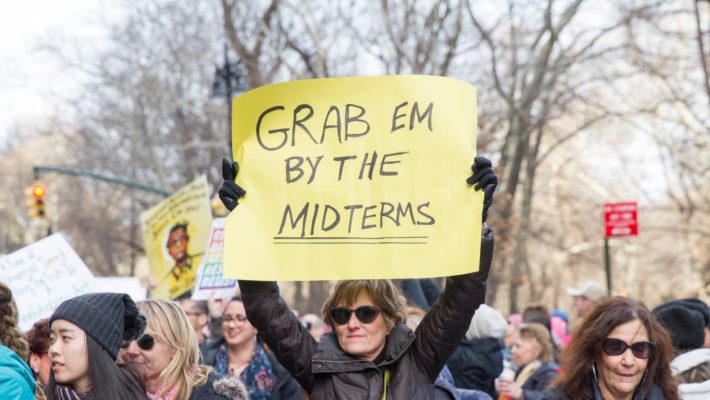You’ve heard the family rumors about a Native great grandmother. You’ve always wondered if somewhere back in your ancestry there’s a connection to a tribe.
But how do you find out? First, you have to be prepared for what you might turn up. If you don’t have Native ancestry, or anything else ‘exotic’, will that disappoint you?
For some reason, a lot us want to be Native. Maybe it’s to escape those vague feelings of guilt. Maybe we’re fetishizing romantic ideals about a deeply spiritual people, who we ‘really vibe with.’
One participant in a study by the American Journal of Sociology “had always believed herself to be Native American,” but then “after the test suggested she had no Native American ancestry, she dismissed it as inaccurate and continued to identify as Native American anyway.”
Sometimes the motives are ugly. But hey, maybe our ancestors really are calling us home. Why not?
Before you begin your search for Native ancestry, be very clear with yourself about your motivation. There’s a groundswell happening, of Natives reclaiming their identities. Reconnecting Natives can do a lot of good for their communities. But white-coded people throwing around a Native identity claim can do a lot of damage. Are you doing this for the culture? For the community? For sovereignty? Or for yourself?
Once you’re clear about your reasons, here are the things to consider as you search for your Native identity.
Does Your Tribe Recognize You?
There’s no official set of criteria for what makes a person Native. It isn’t the same as, say, LGBTQ identity. If someone says they’re trans, they’re trans. Full stop. But that’s not how it works with Native identity. Generally speaking, if your tribe doesn’t claim you, you usually can’t claim it.
To be claimed by a tribe, you have to enroll. Every tribe has different enrollment criteria. A blood quantum of at least one quarter is common. Others ask you to document your connection to an ancestor on a US Indian census like the Dawes Roll. Both of these are dubiously colonial and problematic (blood quantum in particular is unscientific and racist). But it’s important that the tribes maintain their right to each set their own standards for what constitutes a member. The survival of their culture and identities depends on it.
So find out which tribe you’re connected to, what their enrollment requirements are, and start to document your connection. You can do this through researching your family history. Commercial DNA tests do not differentiate between tribes and won’t be recognized as evidence for enrollment.
Have you documented your ancestry?
There’s a running joke that every white person has a Cherokee great grandma. It’s easy to say, but if you cite family rumor, be prepared for Natives to ask which Cherokee tribe you come from (did you know there are three federally recognized Cherokee tribes?).
Don’t get caught hemming and hawing like a pretendian. Do your research and get your family records straight. Usually this will involve collecting birth, death or marriage certificates linking the names of each generation all the way back to your Nation.
This is proof of ancestry, and will help you fulfill enrollment requirements, but it’s more than that. It’s also a foundational way to familiarize yourself with where you come from. Part of being Native American is understanding and honoring your roots.
Are you enrolled?
Now that you’ve documented your heritage, send in your paperwork fulfilling National enrollment requirements. Enrolling in your tribe gives you access to cultural connections you might not otherwise have, and it’s good for the Nation because it helps them understand how many of them are out there and where they live.
You also get a fancy little enrollment card, but naturally, having an enrollment card does not in itself make you Native. There are plenty of people running around with tribal enrollment cards who have no idea what it means to be Native. And there are plenty of legitimate Natives who can’t enroll. Here’s why.
…Or do you have a valid reason to not be enrolled?
Sometimes real Natives are unenrolled. Some even have a blood quantum of zero.
Back in the day, many tribes welcomed self-emancipated slaves as tribal members. These Freedman raised their children the Native way, so even with African ancestry, they’re culturally Native. For their home tribes, that was enough for them to belong.
But colonialism changed that. It’s made Freedman ancestry difficult to document, and many Freedman descendants are now unable to gain federal recognition as tribal members. They can’t get the little enrollment card, they may have little or no ‘Indian blood,’ but nevertheless, they remain Native by culture.
Other obstacles to enrollment could be adoption, broken families (one of colonialism’s favorite tools), or an ancestor who dodged the Dawes Roll to keep their family in hiding from American aggression. Some unenrolled families have preserved their cultures in secret for generations.
Are you Connecting to the Culture?
One of the biggest factors in considering Native identity—and the most difficult to measure—is the degree to which you practice and participate in your Nation’s culture. Originally, tribal boundarieswere cultural, not ethnic. One was Ojibwe because one grew up Ojibwe, or Shoshone because they joined the Shoshone and practiced their ways. In a way it was more like being a New Yorker or a Californian.
Today these cultures are under threat of extinction, and the preservation of the people means the vigilant continuance of Indigenous ways of life. If someone claims Native identity, they can expect to be called out by elders and fellow Natives about what they’re doing to preserve, continue and develop their culture.
Are you learning your language?
Language is culture. If you don’t know your language, and you’re not making an effort to learn it, good luck convincing Natives you’re one of them. Learning your ancestral language helps you see the world the way your ancestors did. If you can only speak and see like a mainstream American, that runs contrary to Native identity.
“People who speak different languages will pay attention to different things depending on what their language usually requires them to do,” says UCSD Associate Professor of Cognitive Science Lera Boroditsky. “Two people watch the same event, witness the same crime, but end up remembering different things about that event… The language guides our reasoning about events.”
Once you begin learning the language and aligning with ancestral thought, you’ll find a whole world opening up to you. You’ll quickly understand the urgency with which Native people are working to continue their languages, many of which are under threat of extinction.
Do you know your Nation’s treaties and history?
Every Indigenous Nation has a series of treaties that outline their official relationship with the occupying US government. If you want to be Native, understand your Nation. If you want to understand your Nation, do your homework and read the treaties. A quick Google search will get you started.
Be prepared to learn a US history you never learned in school—one that might make your blood boil. There are several excellent books on general Native history, and you can probably find others specific to your Nation. Look for books by Native authors.
What are you doing to support your community?
Being Native makes you responsible to your culture and community. If you’re not helping continue the culture, or working to support the community in some way, how can you claim to be a member?
Organize meetups. Teach your children the language. Volunteer or get a job with the Nation. Start a beading circle or a book club. Grow heritage seeds in your garden and cook decolonized meals. Support Native voices by circulating them on your social media channels. Call out people for microaggressions and careless erasure, like referring to Natives in the past tense. Do this especially if you’re white passing, because people are more likely to listen to you. And never talk over other Native voices. “Well I’m Native American and I’m not offended by [xyz],” is a colonizer’s line, regardless of their complexion or ancestry.
Serving and supporting your community should be a central motivation for exploring your native heritage. If it’s not, go back and check your motives very carefully.
Are You Living as a Native?
Native people are Native people every day. It’s not something to go in and out of at one’s convenience. It’s not a costume, a party trick, or an accoutrement for a personal brand. People who are visibly Native don’t have a choice—they deal with racism, stereotypes and aggression even on days when they just want to blend in. For those who can blend into mainstream society, it’s important to honor them by using your privilege for their benefit.
Being Native is a worldview, and a practice. For this reason, you might hear Natives saying “you’re either Native or you’re not.”
Things That Don’t Give You the Right to Claim Native Identity
To clarify, these three things give you no right to call yourself a Native American:
Blood Quantum
It’s racist! And it ignores the importance of culture.
Commercial DNA Tests
These are super problematic, for a variety of reasons. Companies like Ancestry DNA exploit traumatic history like the Trail of Tears for commercial purposes. It’s gross. Because commercial DNA tests are imperfect and don’t distinguish between tribes, they’re not valid evidence of tribal heritage. Waving around test results also ignores the importance of culture.
Family Rumor
Who cares what your mom told you about a Cherokee great grandmother? Document it! Deferring to family rumor isn’t credible, and it too ignores the importance of culture.
Awakening to Your Indigenous Mind
In short, if you can check off most of these things, you’re probably safe to claim Native identity:
- You can back up your claim of descent from an Indigenous community
- You’re tribally enrolled, or have a good reason not to be
- You speak the language or are learning it
- You contribute to perpetuating your Nation’s community and culture
- You live, work, play, see and breathe through daily life as a Native
- You support voices from within the Native community
Some white-passing folk refer to themselves as ‘part-Native’, ‘white Native,’ or ‘of Native descent’. If you’re white-passing, that’s up to you. But as you learn more and more of your language, culture and history, expect a transformation to take place. It’s your awakening to indigenous mind. It’s your ancestors coming alive inside of you. Once they’ve stirred, you may not be able to go back. For better or for worse.
Ancestry DNABlood QuantumCherokee Great GrandmotherNativeNative AmericanNative IdentityPretendians




